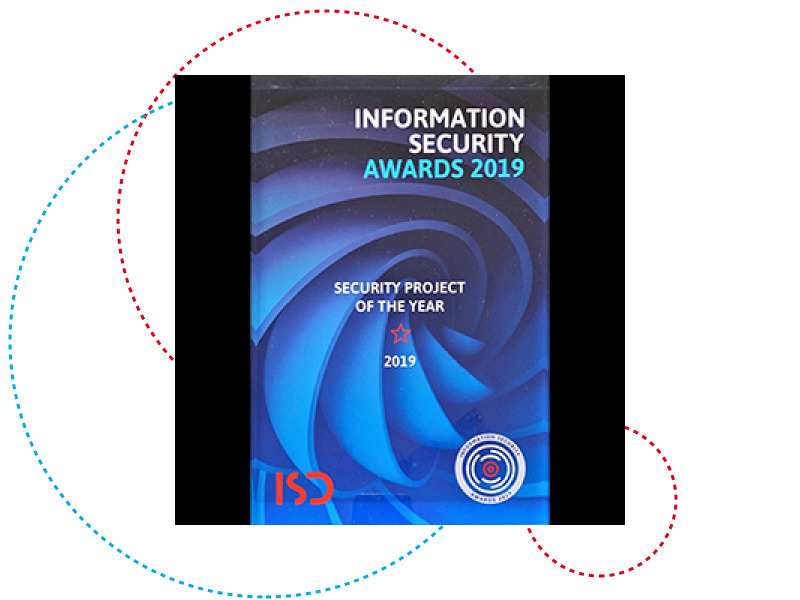A team of SnT researchers, working in collaboration with the Luxembourg Institute of Standardisation, Accreditation, Safety and Quality of Products and Services (ILNAS), has won the Information Security Day 2019’s Security Project of the Year Award.
The project, Technical Standardisation for Trusted Use in the Field of Smart ICT, tackles the challenge of standardisation and regulation in the rapidly developing worlds of big data and artificial intelligence, Internet of Things, and cloud computing.
If you withdrew money from an ATM this week, the chances are that you didn’t worry about whether your card would fit in the machine. Likewise, if you used a pump to refuel your car, or plugged your phone charger into a wall socket. The way these objects are designed is regulated according to international standards, making them consistent, safe and easy to use.
The same is true of ICT systems, but in the case of rapidly emerging technologies such as big data, cloud computing and the Internet of Things, regulatory bodies are yet to define standards to govern their use. “The technologies are developing rapidly, and the number of potential applications is growing,” says SnT researcher Dr. Matthias R. Brust. “The challenge is to ensure that the right technical solution is used for the right application.”
Through their collaboration with ILNAS, SnT researchers play a dual role in this process. By sitting on standardisation committees they can provide expert advice as to the suitability of different technologies for different needs. Through these committees, they also get direct feedback from industry and government as to where new solutions are required to address current gaps.
“Working with ILNAS ensures that we as researchers have direct lines of communication with the different stakeholders involved in shaping how these technologies are used,” says project leader Prof. Pascal Bouvry.
Through this process the team has already identified the urgent need for standardisation of medical data. “From X-rays to genomics, modern medical science is resulting in a collection of data whose size and variety is unprecedented,” continues Bouvry. “Standardisation is needed to ensure that data from one research centre is compatible with data from another, and also to ensure that this data is anonymous and secure.” To tackle this issue, the team are using machine learning and distributed computing techniques to ensure that anonymity is built into test results, rather than added as an extra layer of security on top of the data.
In the Internet of Things, the team is working towards an industry standard of communication for unmanned aerial vehicles (or drones). Currently, every manufacturer uses different communication protocols, resulting in drones that are unable to cooperate or deal with conflict. “If two drones are on course for a collision, they need to be able to decide which one should go first. If one is delivering blood to a hospital and the other an Amazon package, then the standards we use need to ensure that the blood delivery takes priority,” says Brust.
Cloud computing is a key part of every industry, allowing companies to use computing power many times greater than could be generated on their premises. Standardisation has a major role to play in defining the metrics to ensure that cloud computing providers deliver the levels of service they promise. At SnT, researchers are therefore developing techniques to help clients analyse and compare different services and prices.
“Our collaboration with ILNAS ensures that we are working to solve real societal problems,” says Brust. “The Security Project of the Year award is recognition of the potential impact of this work.”

SnT is turning 10! We’ve come a long way since launching our activities in 2009. Stay tuned for a year full of celebrations, cutting-edge research, and new milestones.
OVER 40 INDUSTRY PARTNERS | MORE THAN 70 EUROPEAN PROJECTS | 103 GRADUATED PHDS | 4 SPIN-OFFS
